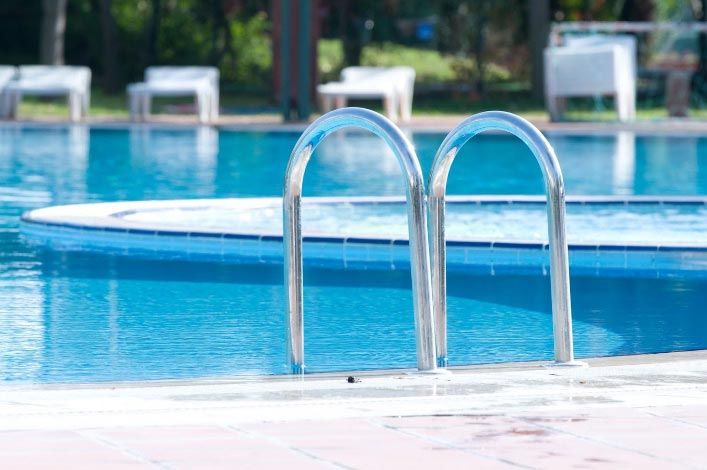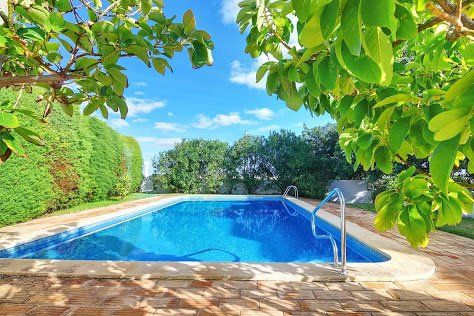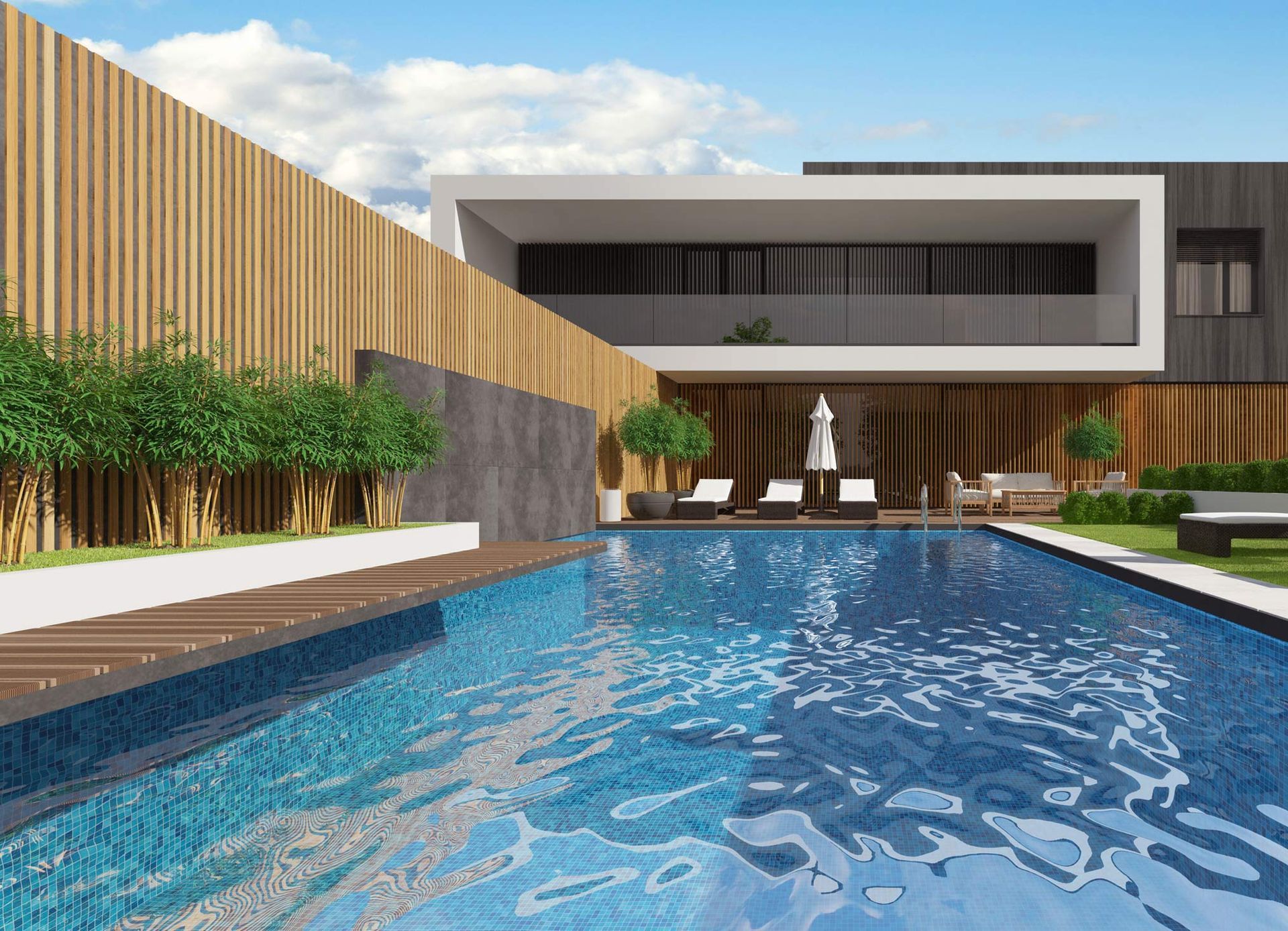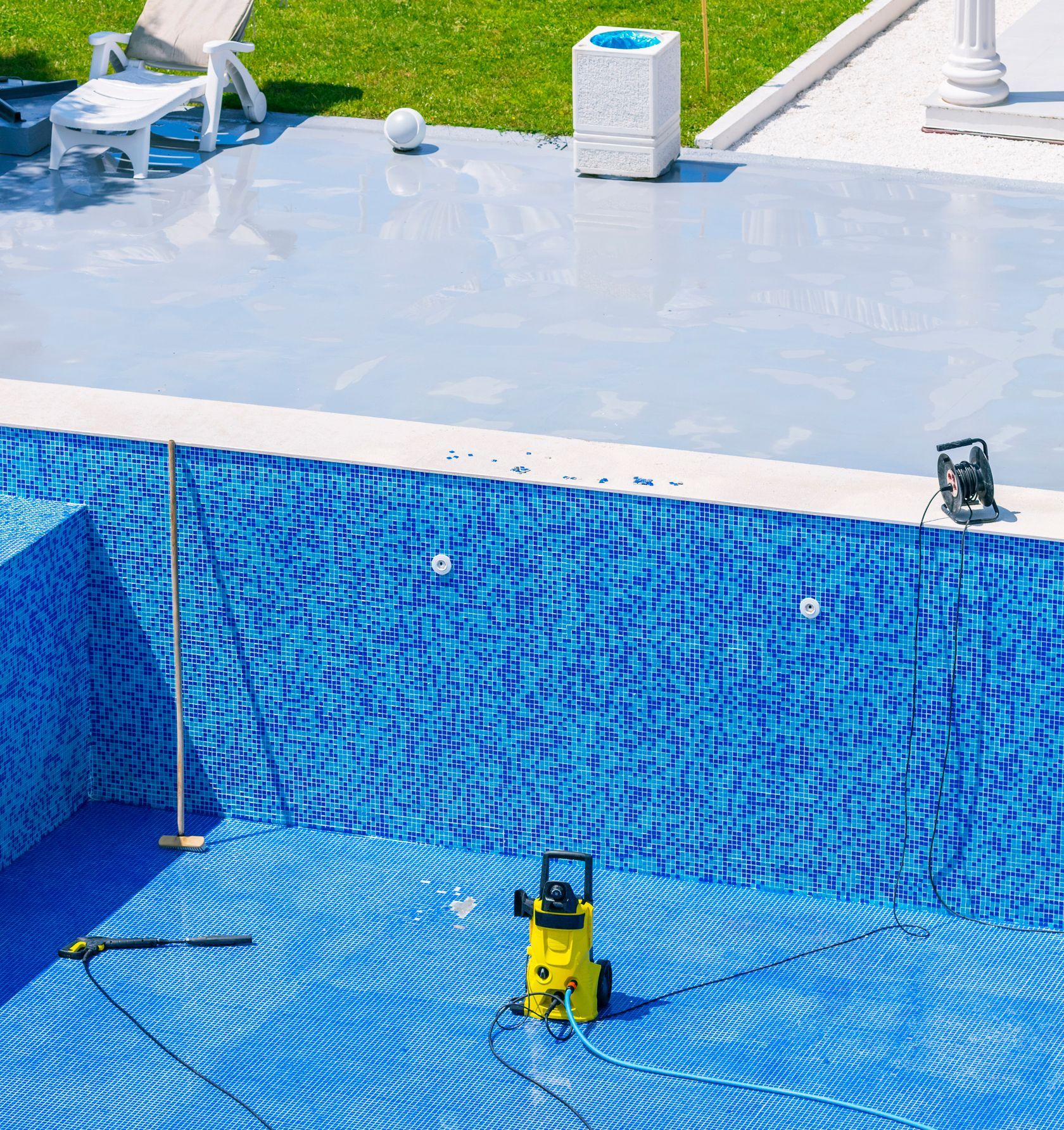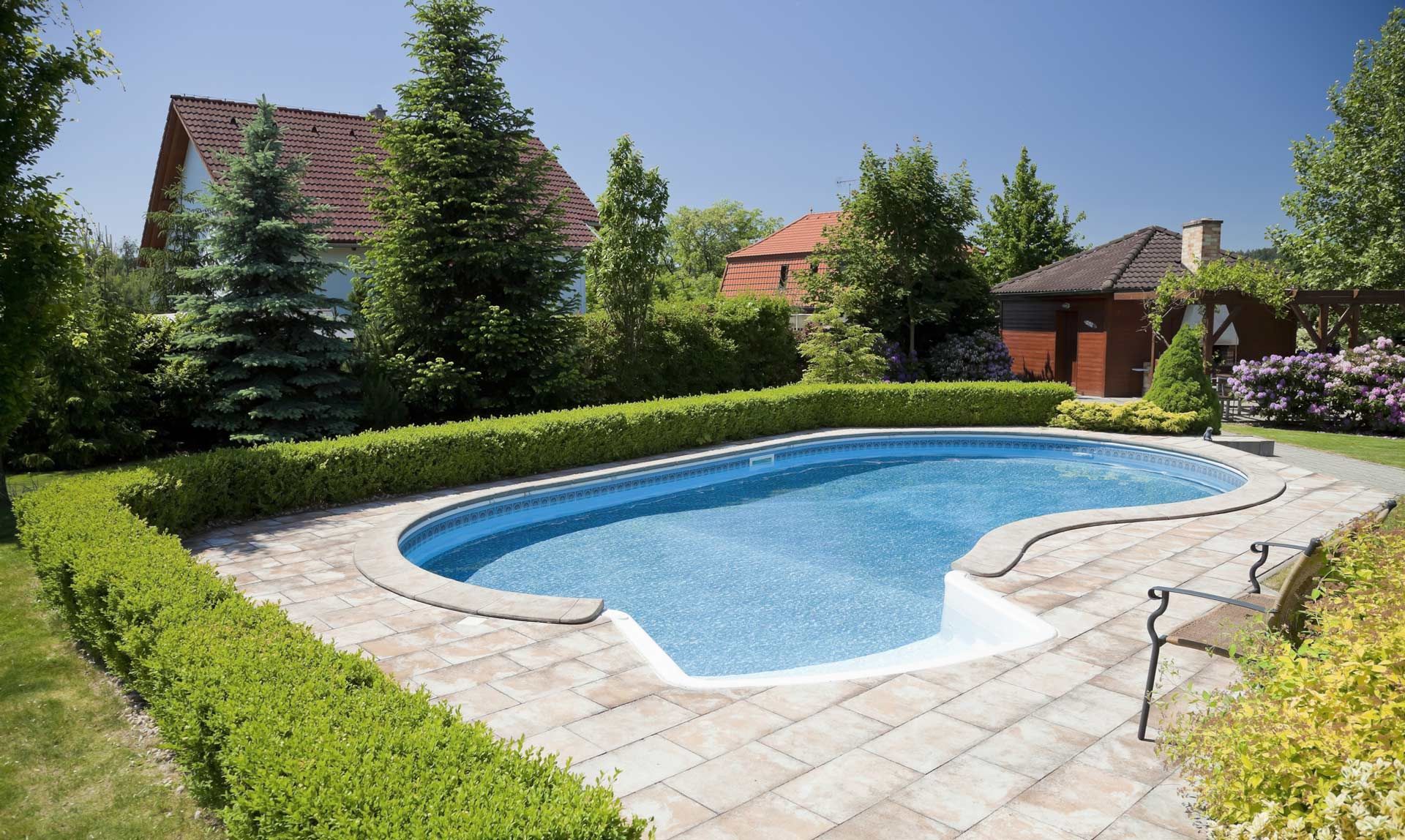4 TIPS FOR PLANNING A FUN-FILLED POOL PARTY
The sun is shining, the weather is just right and it's a perfect day to spend outside. That pool of yours is going to become the centerpiece of a fun-filled gathering with your favorite friends and family members. That's right, you're throwing a pool party.
Before your guests ever step foot into your pool, you need to do some serious prep work. Okay, so it's not exactly serious. After all, a pool party is a time to relax, let loose and not think about anything too complex or stressful. But, you do need to take some time to prepare for the fabulous festivities that are about to follow.
What do you need to do prior to the pool party?
Play it Safe
If you're inviting families with children, or you have your own children, pool safety takes on a whole new meaning. Yes, you always want to maintain safety standards—even if it's an adults-only bash. But, when you add kids to the mix you need to be especially vigilant.
The number one cause of accidental death
in kids ages 1 through 4 is drowning. If you plan on spending time in the water and in your yard, make sure that your pool has a fence that is at least four feet tall and a gate that the kids can't unlatch themselves. Always make sure there is a responsible adult around to watch the children at all times.
Along with supervision and a safety fence, make sure to have a few inflatable swimming devices on hand. The kids may not need these, but it's best to be prepared just in case.
Designate Eating Areas
No one wants to spend their post-party time fishing half-eaten hot dogs and stray pieces of fruit salad out of their pool. Whether you've created a mega menu that's packed with every app, salad and barbequed item out there or you're serving chips and dip, you need a setup that allows your guests to get their food without having to litter the pool area.
No party guest wants to hear, "No! Don't take your burger near the pool." Instead of standing watch over the water and acting as some sort of bossy lunch lifeguard, create a space that naturally leads to keeping the food-laden guests away from the pool area. This might mean setting up a cozy seating space far from the water or keeping all of the food indoors.
Plan Extras and Add-Ins
The pool will certainly keep your guests busy and entertained. But, is that all your backyard bash has to offer? No way. Plan a few water games to play in and out of the pool. Split the guests into teams and have a pool-float race, hold a backyard or patio water balloon toss or stage a synchronized swimming contest—this is even fun for the adults.
Along with organized games, you can also add some extra fun to your party with a few creative floats and inflatables for guests to enjoy. You could also add a water basketball hoop into the mix.
Set a Time
When are you planning on having your guests show up? When will they go home? The type of party you're having dictates the time it should take place. If you're inviting families with children, you may want to stick to an afternoon bash. Young children may not have the ability to stay up late for a nighttime party.
If you're having an adults-only party, turn on the pool lights and throw an evening swimming event. Light up the fire pit, get comfortable and enjoy the stars over your head as the party goes well into the night.
Before you party, make sure that your pool is ready for guests. Contact After Hours Pool Service
for more information on pool repair and maintenance.
